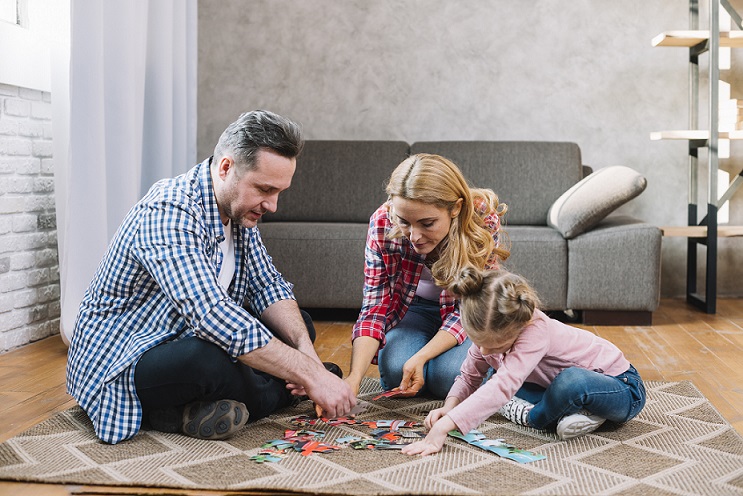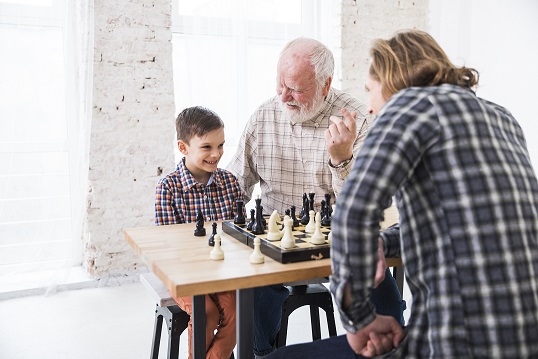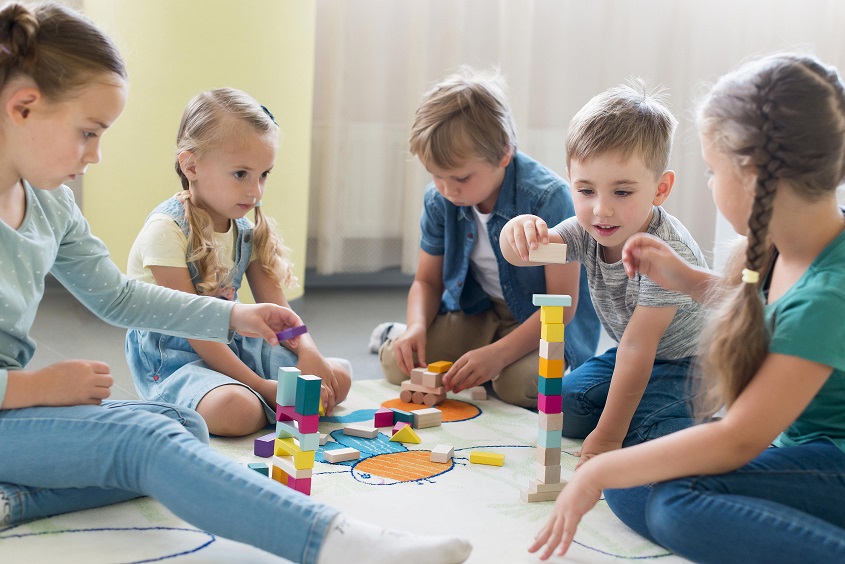Critical thinking refers to a person’s ability to analyse situations rationally and understand the connections between a cause and effect. To be competitive in this fast-pacing world, our children need to have good critical thinking skill. They need to be able to ask questions that matter and think of ways of solving a problem in a systematic way rather than just accepting information at face value. Fortunately, this ability can be honed and here are some of the activities you can do to improve your children’s critical thinking.
Explore the different types of puzzles

Jigsaw puzzle is a great way to enhance your child’s spatial and conceptual thinking skill. When solving a jigsaw puzzle, your child is required to rotate the pieces and try to find a connection between one piece of a puzzle to another. It also allows them to memorise the whole puzzle and visualise the missing pieces.
Sudoku is another puzzle that boosts your child’s concentration and logical thinking as they must figure out the pattern of numbers, then fill in the grid with the correct digit. The process of trial and error will also subconsciously train their mind to recognise pattern faster. If you want to make it more challenging, get them to set a time to complete each sudoku. Increase the level or shorten the time once your child is up to the speed. The harder the sudoku, the more complicated the inference pattern is. As a result, your child will need a higher-order thinking level to complete the puzzle.
A crossword puzzle is an incredible tool to widen your child’s vocabulary. If they do not know the word for the question, this will compel them to ask the person around them, look into the dictionary or even online for the answer. It takes effort to figure out the right word, you know!
Take on strategic board games

With a plethora of board game options out there, you are certainly spoilt for choice. Traditional strategic games such as chess for example, strengthen its players’ ability to detect patterns, predict potential moves and plan in advanced. This game is generally known to boost IQ as well. Newer popular games like Cluedo, requires your children to use their deductive reasoning to figure out who is the murderer in the game by linking the clues found each turn. To know more about fun board games you can try, read the article below.
Play games creative games like charades
Charade is a fun game that will elevate deductive reasoning in children (and adults) as they need to guess what each action means and how can they can relate to the keyword. At the same time, your children will also need to be creative and expressive to portray the word when it is their turn. This time around, your children need to be quick on their feet to think of the easiest action for their counterpart to guess. For younger children, perhaps you can also add visual and sound queues so that it is easier for them.
Conduct problem-solving role-play activities

Role-play is famously known to enhance critical thinking and communication skills. What you can do with your children is to create a situation that they can relate to. Bigger kids might be reluctant to act with you but smaller children would enjoy taking up a role! Start with asking what they will do in different situations, for example, when someone tries to approach them, or what should they do if they see a cat trapped in the drain. Then you tell them what would YOU do and why. You can even switch up roles with them by getting them to be an adult. That would be fun too.
Have a movie night with your children and get them to review it
By watching a movie, you are allowing your children to analyse what happened in the story. Hence, rather than just passively watching it, your children get to think about what they like, dislike or found interesting in the movie. You can also prompt them with some questions like “What did you learn from this story”, “Do you think this story can happen in real life?”, “Which is the character you relate to the most? Why?”. Remember, a critical thinker is someone who is actively thinking! This is a great activity because your children can also gain insight from other people and compare this view with theirs.
Regardless of whatever path that our children choose to take in the future, critical thinking is essential in helping them evaluate their options and situations. With critical thinking, our children could make better decisions, thus having more confidence in themselves. As you get your children to engage in the activities above, make sure that you’re having fun with them too! Your children would certainly appreciate this bonding time with you. Best of luck!







